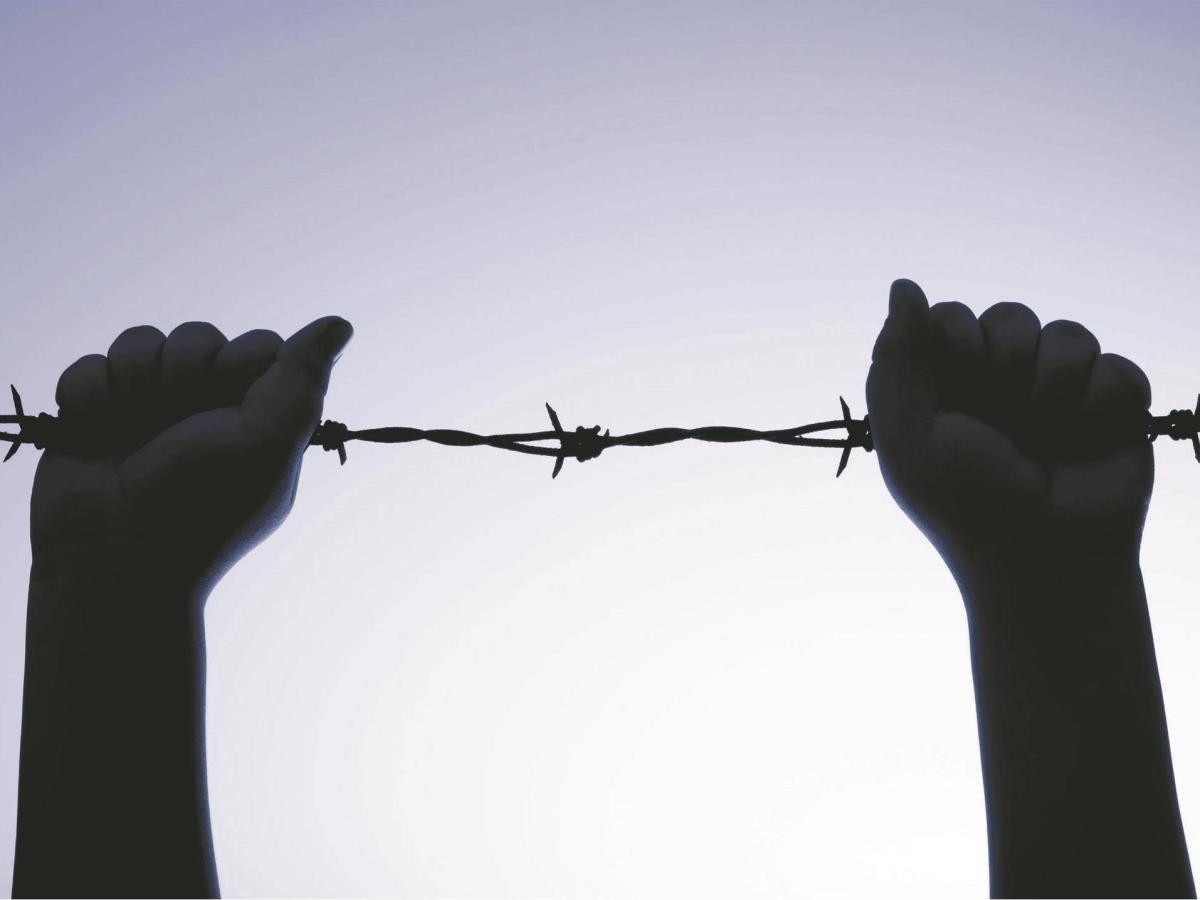Image: Charlotte Wood. Photo: Wendy McDougall.
There is a deep irony in the presentation of the PM’s Literary Award to Charlotte Wood’s The Nature of Things.
The novel, which is about the abusive incarceration of women, is in part a metaphor for the treatment of asylum seekers by the Australian Government.
It was awarded by Prime Minister Malcolm Turnbull in a week in which he has been on radio defending the Government’s harsh treatment of anyone who seeks to come to Australia by boat. The Parliament is currently debating a law which would mean no adult sent to offshore immigration centres on Nauru and Papua New Guinea’s Manus Island would ever be allowed to enter Australia, regardless of whether they’re found to be refugees.
Accepting the award, Wood made a thinly veiled attack on the Government’s policies, while quoting the painter George Braque who said that art is meant to disturb.
‘My novel is not a consoling read; but I hope it provokes its readers into examining some difficult truths about this world we have created,’ she said.
‘The Natural Way of Things is about power and women; it also about the decay of a society that permits, outsources, then turns its face from the incarceration and abasement of vulnerable human beings, who have done no wrong, for the purposes of maintaining and accumulating power.
‘Art is meant to disturb. But in doing so, it can also offer an alternative vision – of a society with an imagination expansive enough to see in ”the other” the prospect not of threat but of possibility, not loss but gain, not sub-humanity but human equality and fellowship. When we allow our imaginations to fail in this way we lose our own humanity – and our country suffers a great moral wound as a result.’
The decision to give the award to Wood – whatever one thinks of her novel – is reassuring in a climate where the independence of artists has been under attack, through the diversion of funds from an independent peer reviewed Australia Council to Catalyst (previously NPEA).
Read: What the AusCo cuts mean for you
While a judging panel makes recommendations for the shortlists, the awards are supposed to be the personal picks of the Prime Minister. But the relationship between a Prime Minister’s politics and the ability to make an objective literary judgement has frequently been controversial and Turnbull appears to be the exception rather than the rule in recent years, in enabling a critical work to win the award without Prime Ministerial interference.
Previous Prime Ministers have tried to use the award to highlight books which glorify patriotic themes.
In 2014, the fiction judges chose Steven Carroll’s A World of Other People (2013), a novel about TS Eliot and London during the blitz, but PM Tony Abbott intervened to make Richard Flanagan’s The Narrow Road to the Deep North, about Australian prisoners of war, the joint winner.
In 2013 Kevin Rudd ignored the judges’ recommendation of Frank Bongiorno’s The Sex Lives of Australians in favour of Ross McMullin’s World War I history, Farewell, Dear People.
The awards have been previously criticised for a lack of transparency and for their fuzzy criteria.
Read: Why the Prime Minister’s literary awards need an urgent overhaul
Wood’s surreal novel – set in a not very distant Australian parallel world in which the women we now pillory metaphorically are actually incarcerated – may be easier for a politician to swallow than political critique but it is interesting to wonder if it would still have won the award had it expressed its criticisms more directly.
Perhaps it helped that, in an unusual decision, three of the six awards were shared. Wood shared the fiction award with Lisa Gorton, whose novel The Life of Houses is a contemporary tale of family dysfunction without the difficult political undertones.
The Non-Fiction award was won by On Stalin’s Team: the Years of Living Dangerously in Soviet Politics by Sheila Fitzpatrick and Thea Astley: Inventing Her Own Weather by Karen Lamb.The Australian History award was shared by The Story of Australia’s People: The Rise and Fall of Ancient Australia by Geoffrey Blainey AC and Let My People Go: the Untold Story of Australia and the Soviet Jews 1959–89 by Sam Lipski AM and Suzanne D Rutland OAM.
The Poetry Award went to The Hazards by Sarah Holland-Batt; the Young Adult Award to A Single Stone by Meg McKinlay, and the Children’s Fiction Award to Sister Heart by Sally Morgan.
The Prime Minister’s Literary Awards are among Australia’s most valuable awards with $80,000 for each winner and $5,000 each for shortlisted entries.





